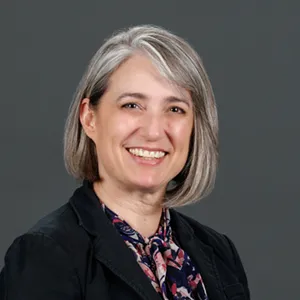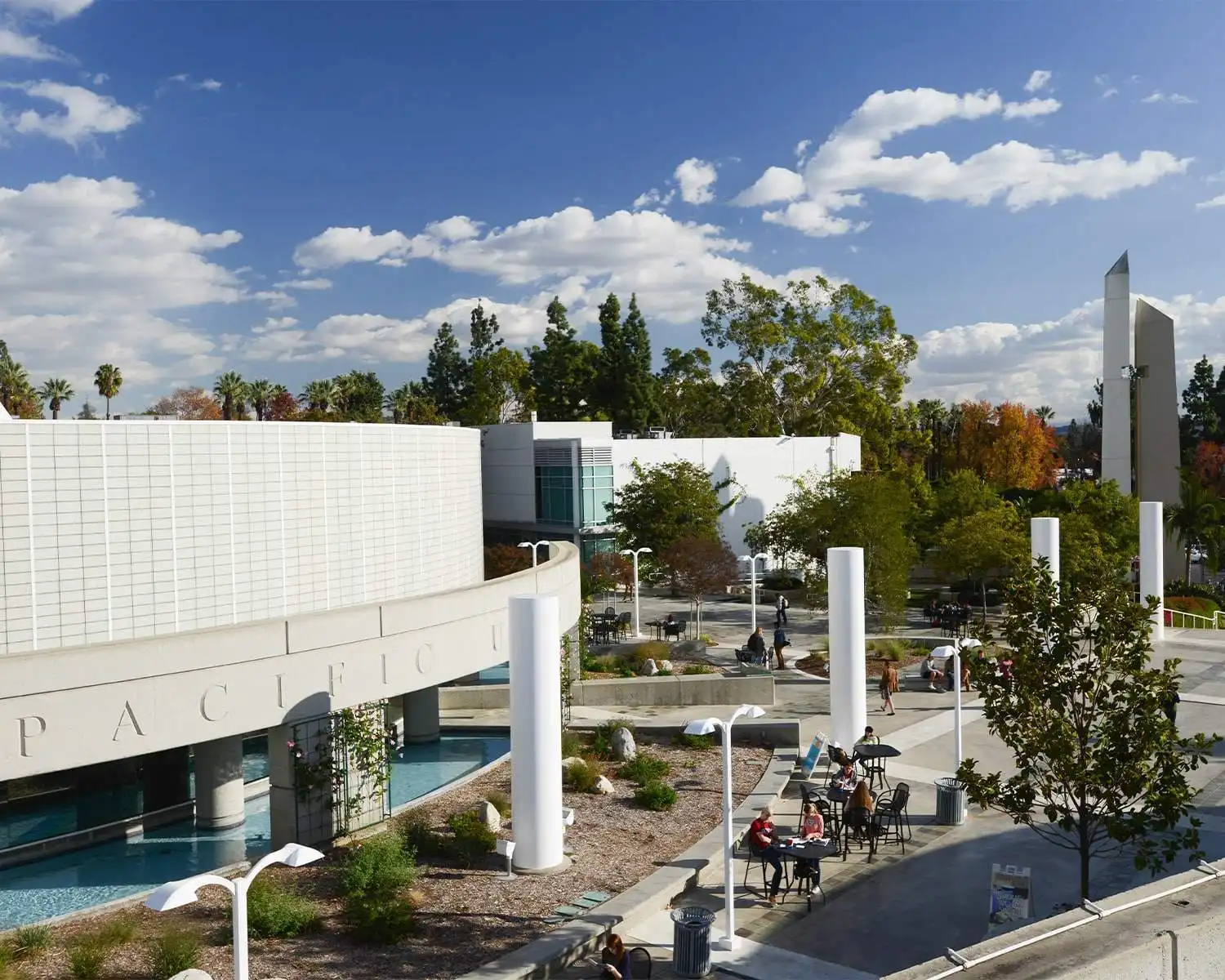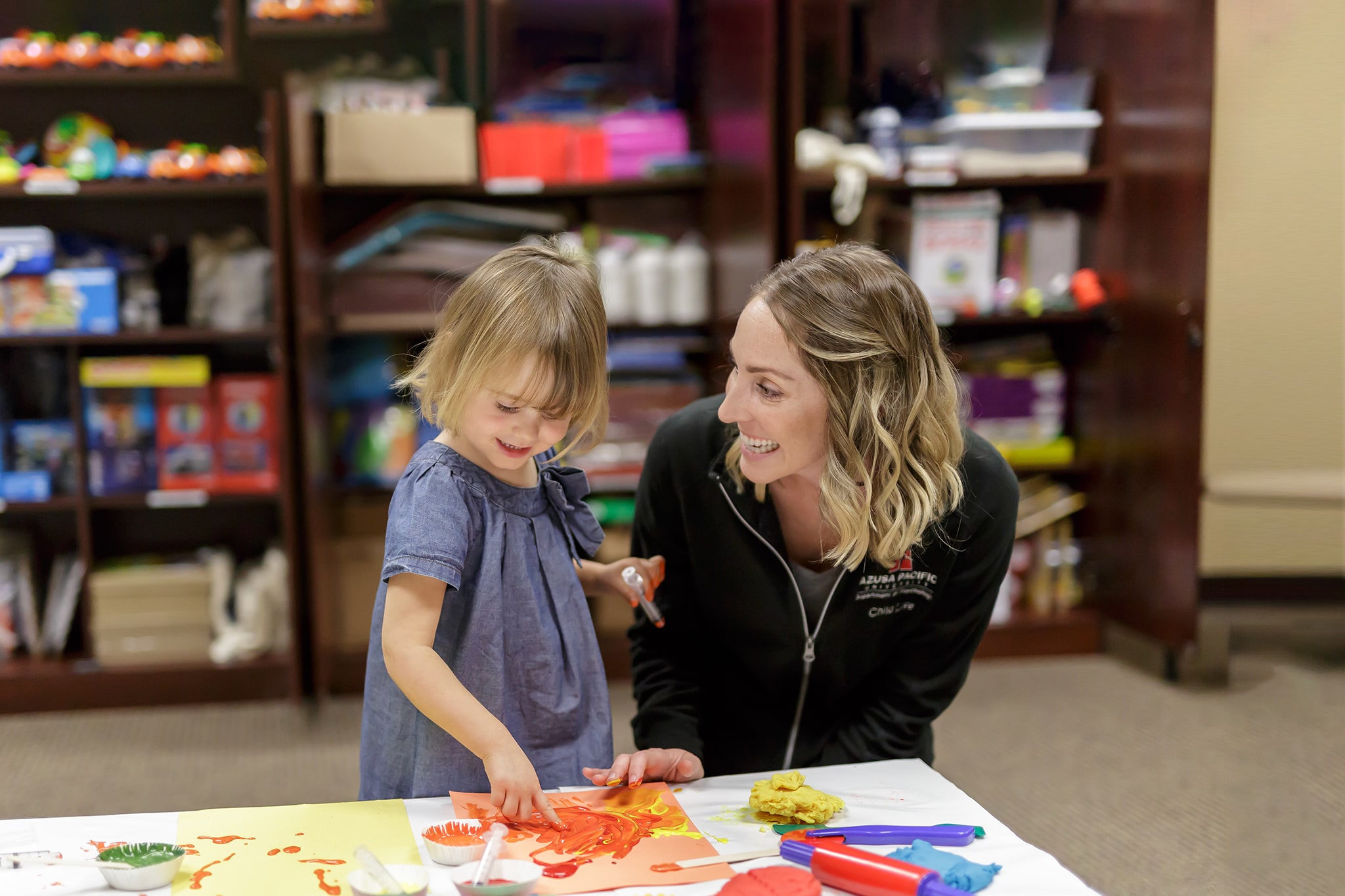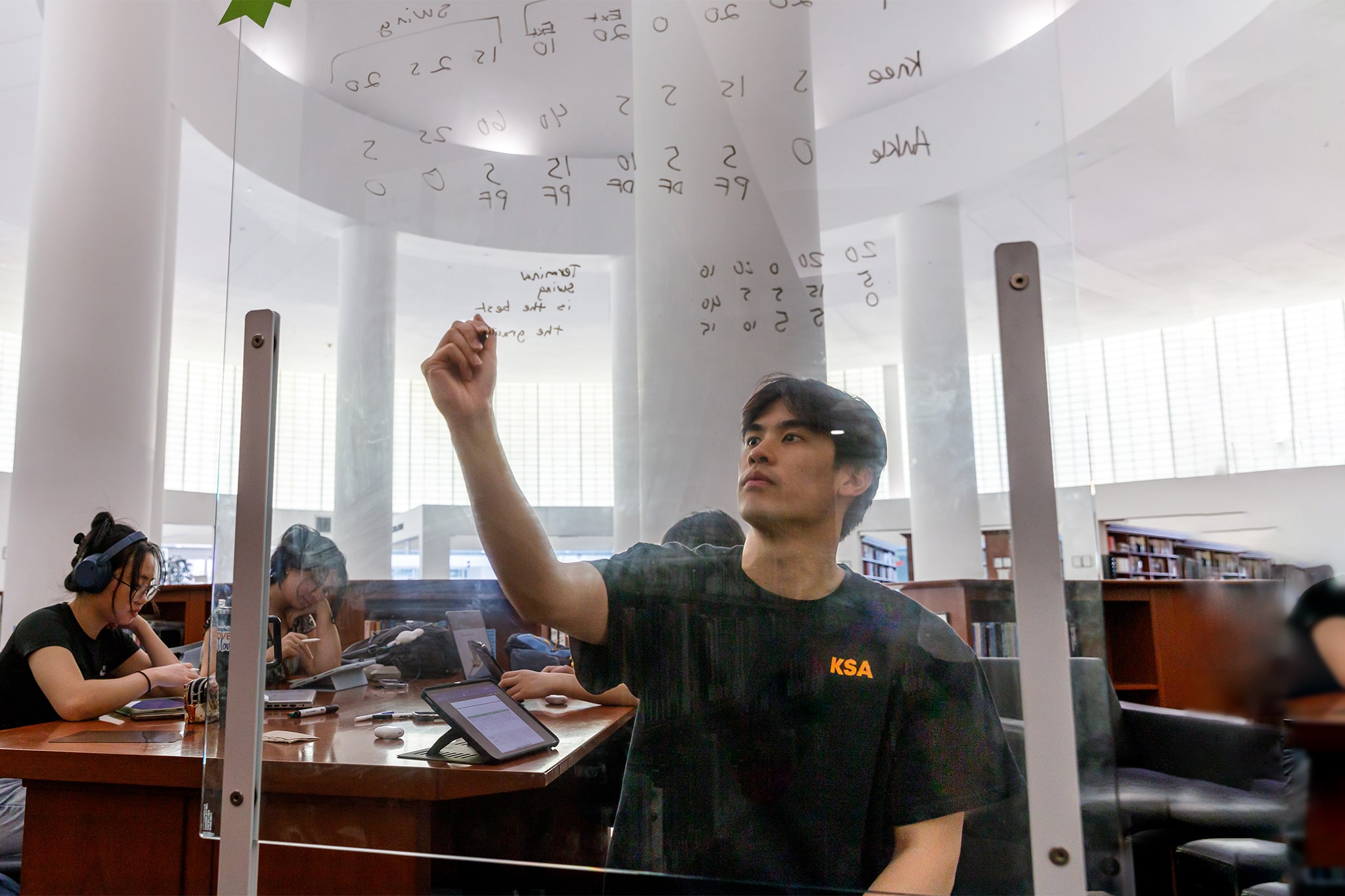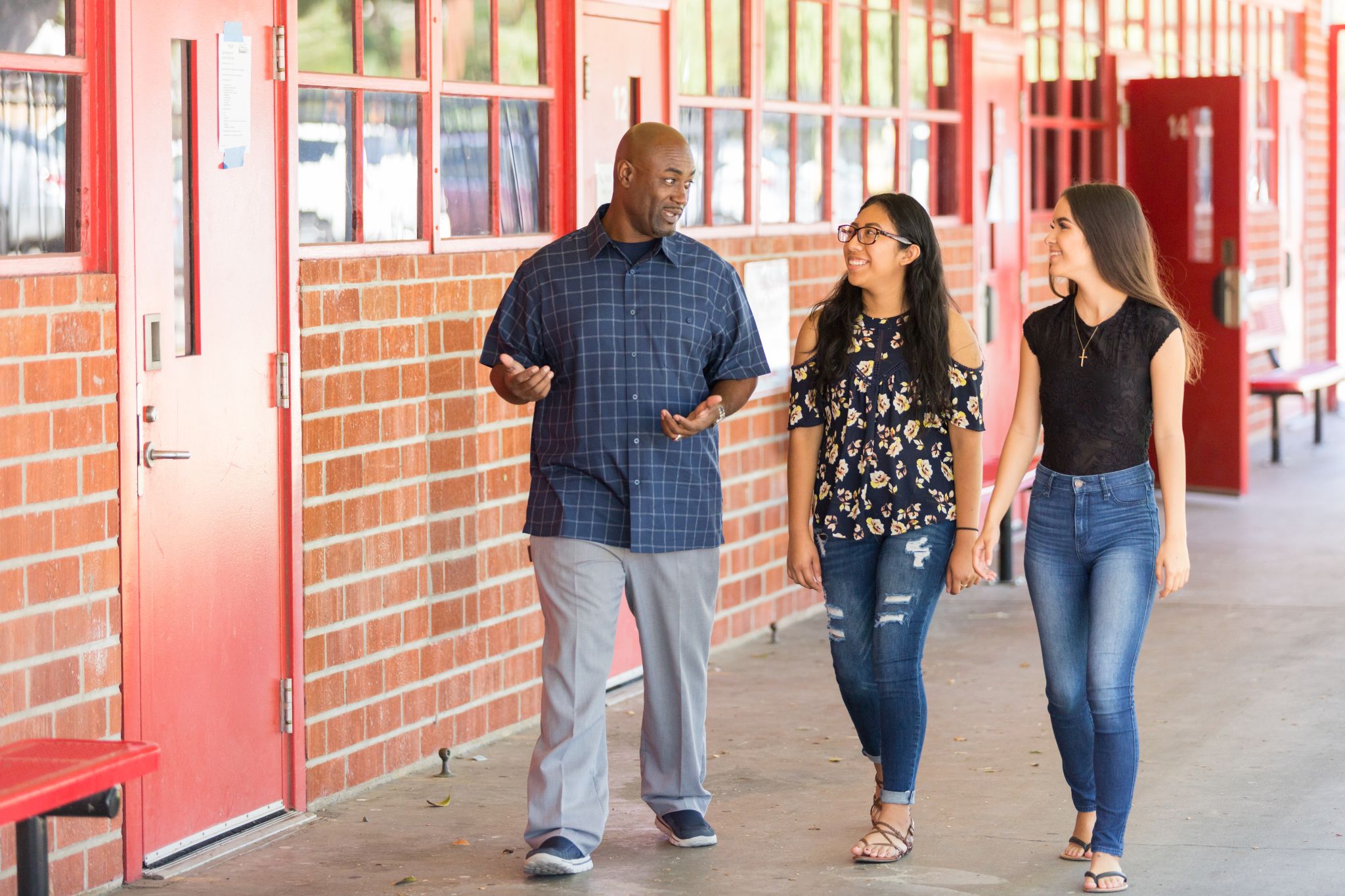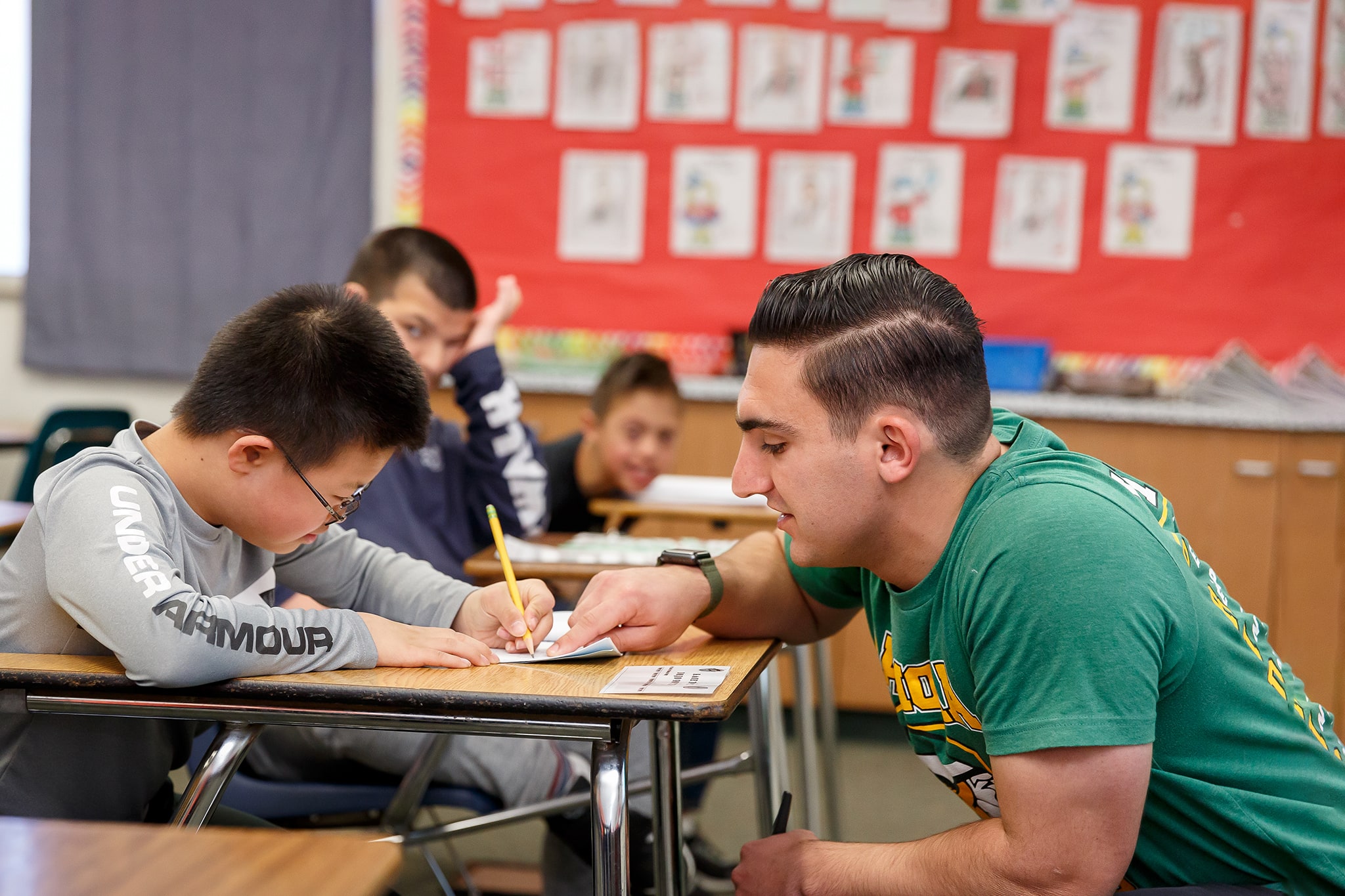
School of Education
A Creative, Collaborative Community of Educators
The School of Education at Azusa Pacific University equips teachers, school counselors, school psychologists, and administrators to make a difference as leaders and champions for students in diverse educational settings. Providing comprehensive graduate education degrees, the school offers an EdD in Educational Leadership and degrees in teaching, learning and technology, special education, and school counseling and school psychology. Recognized among teacher preparation programs for excellence, the school also offers single subject and multiple subject teaching credentials, as well as mild to moderate and extensive support needs special education credentials.
APU’s notable accreditation by the CTC, NASP, CAEP, and WSCUC means candidates receive practical training of the highest standard in every educator preparation program.
APU Ranked Among Best Grad Schools by Money
Azusa Pacific University was ranked in Money’s Best Graduate School Programs 2025 for education and nursing, focusing on affordability, value, and return on investment.
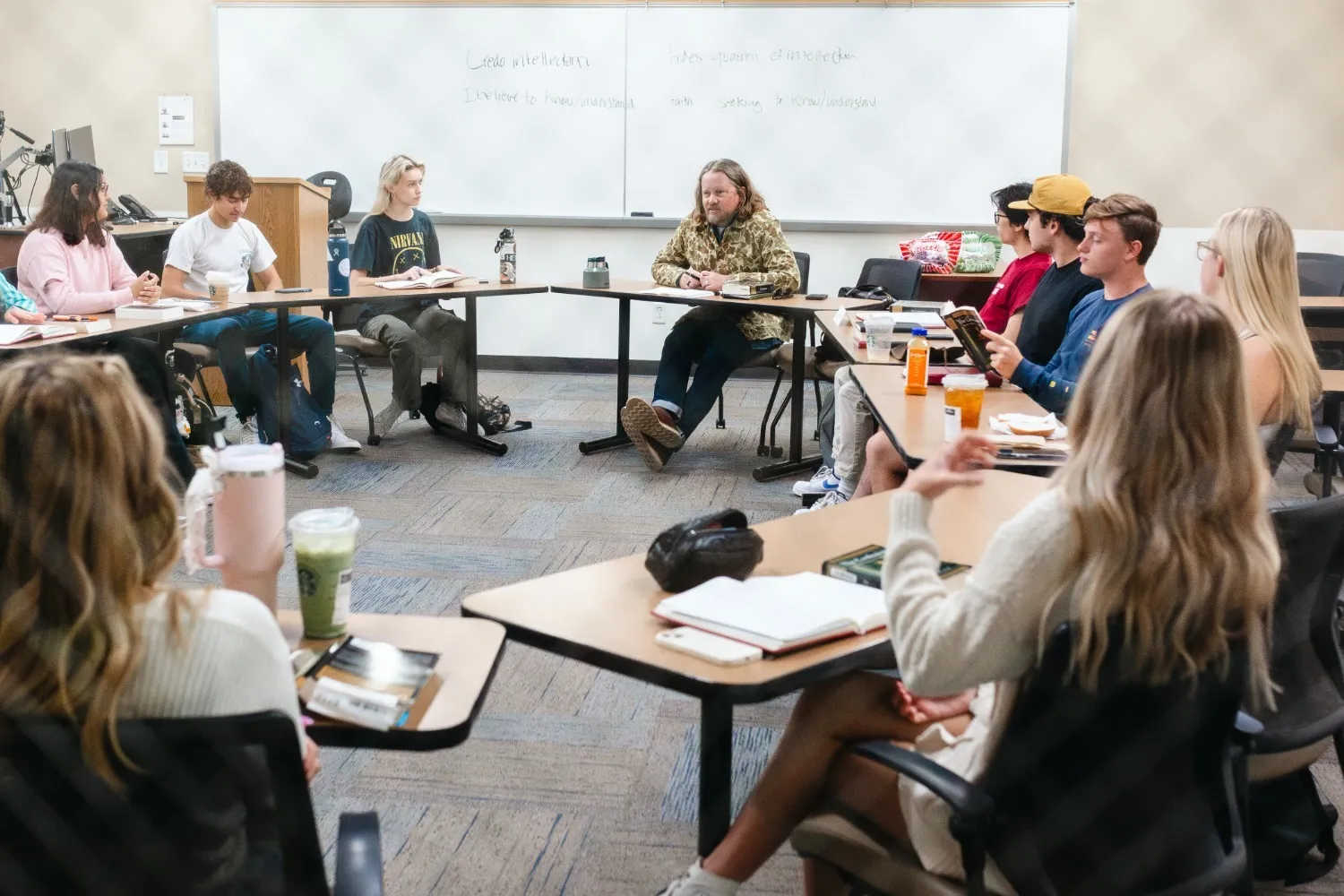
Faculty Spotlight
I get to speak into lives on a weekly basis mentoring students one on one, having class discussions that are passionate and full of differences…and really getting down to some deep issues in education...I ask them the tough questions, and I’m not afraid to address their answers or their questions back to me.
Professor, Department of Teacher Education
Articles
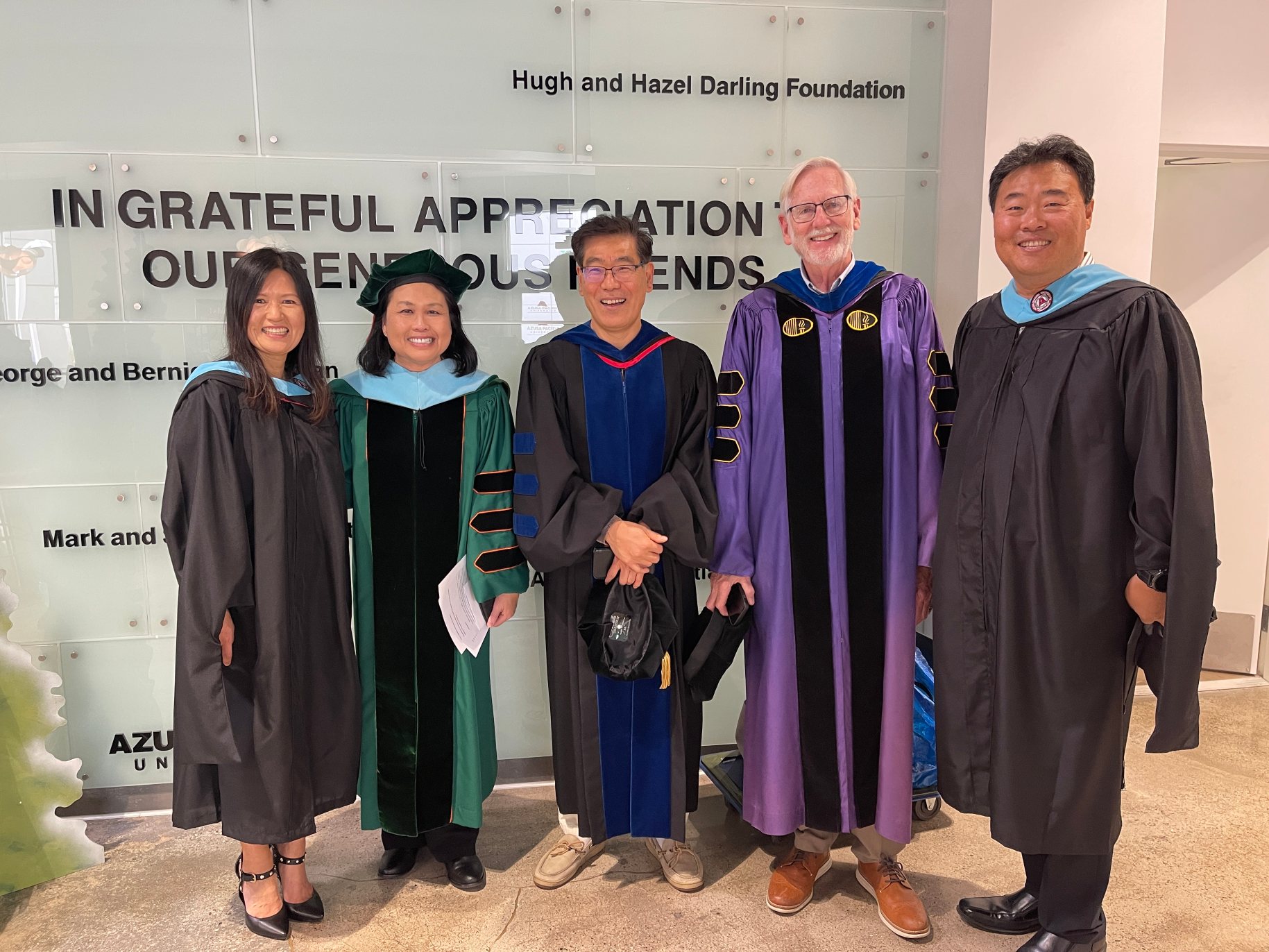
APU MAEd Credential Combination Program Emphasizes Faith as the Heart and Soul of Excellent Teaching
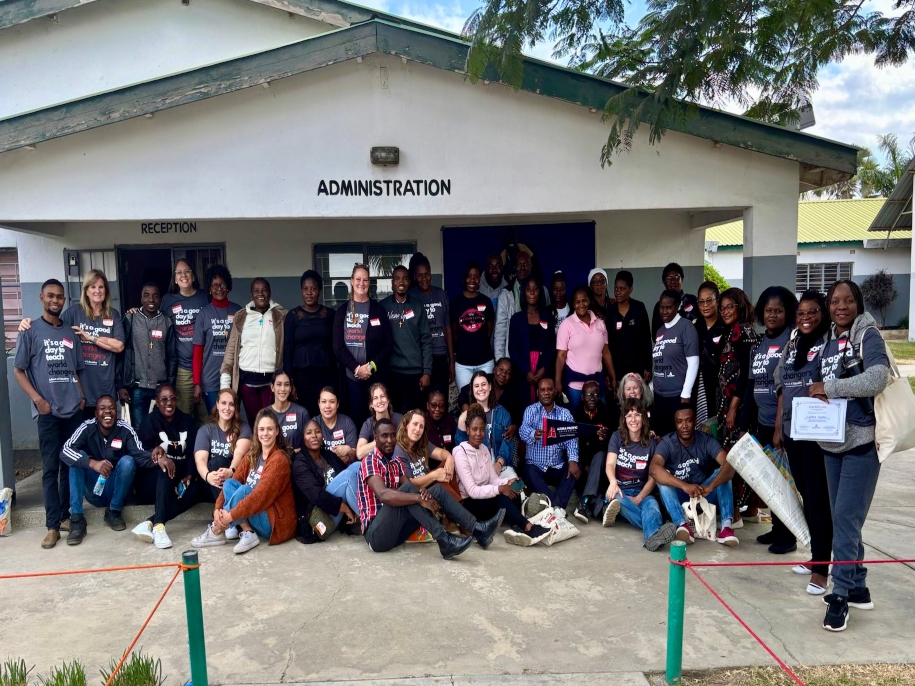
APU School of Education’s First Study Away Opportunity in Zambia Teaches Importance of Ubuntu

APU Launches Integrated Multiple Subject Teaching Credential Program
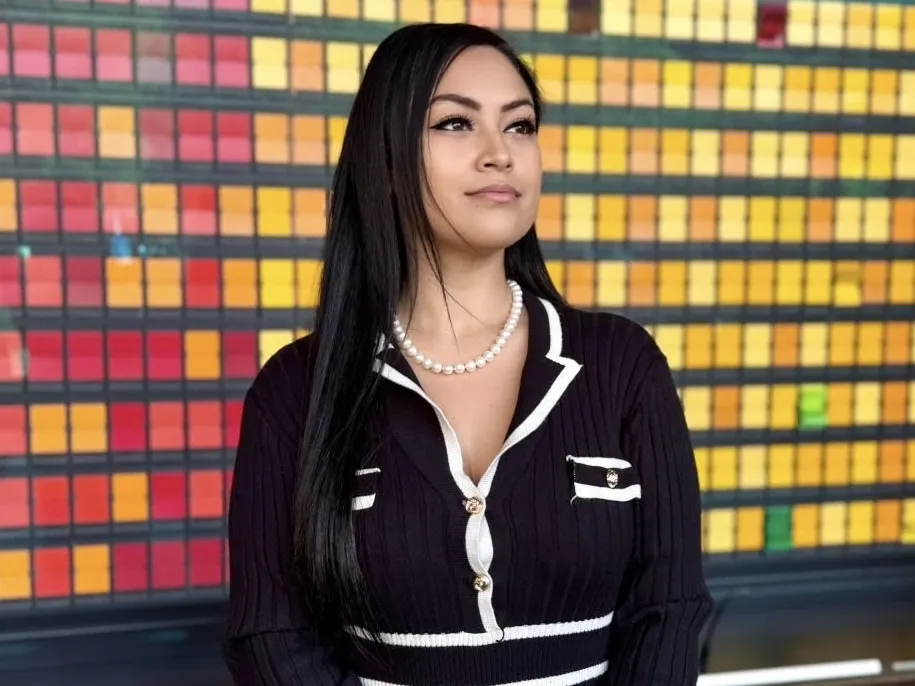
Alumni Feature: Monica Rodriguez, MAEd ’19, Brings Her Strong Faith To Hollywood
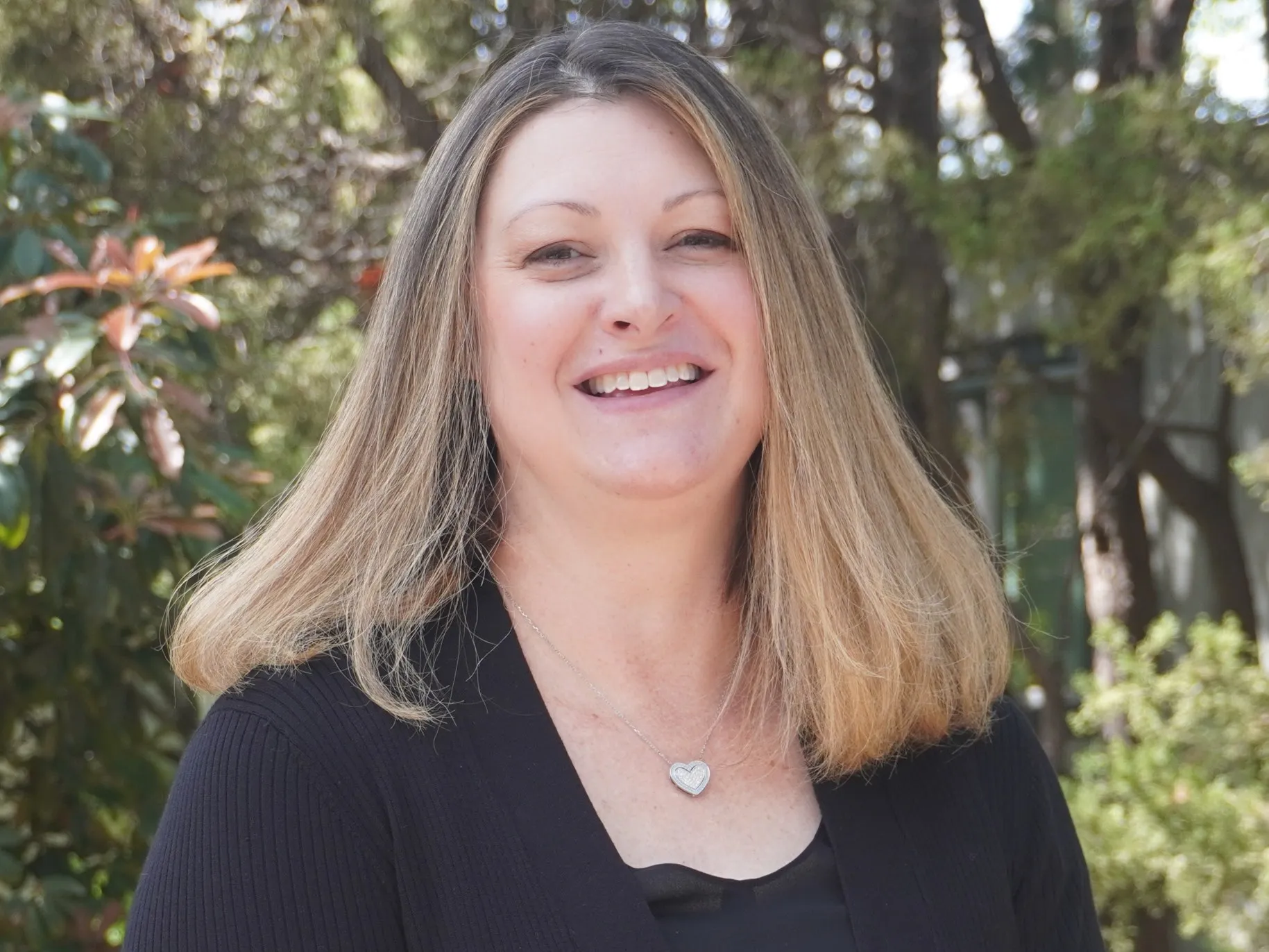
Faculty Friday: Catherine Hahs Brinkley ’00, MAEd, EdD, Empowers Learners to Expand Their Worldview

Alumni Feature: Ady Waite ’22 Shows Up for Students in Malawi as Teacher and Ministry Leader
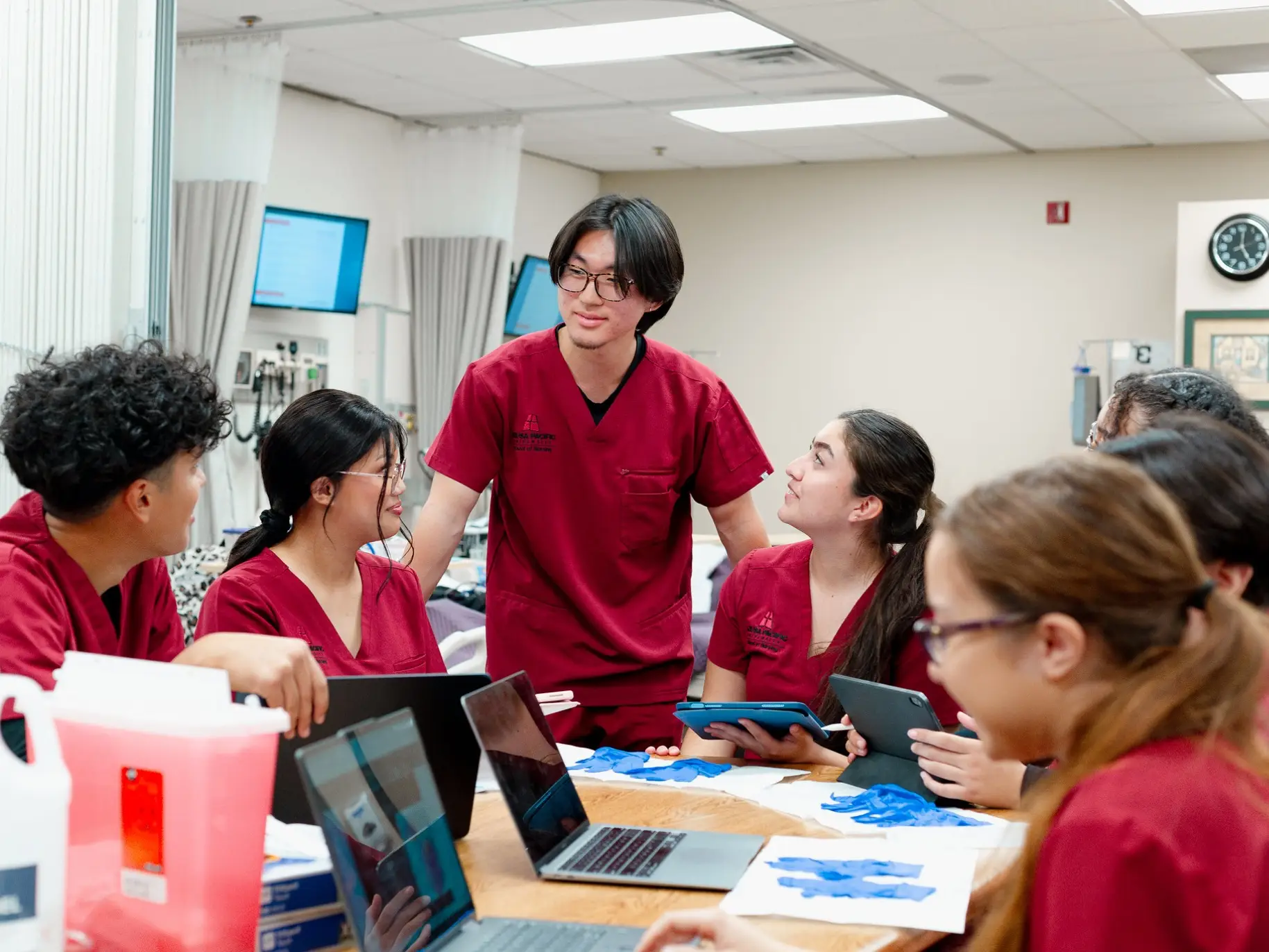
APU Ranks in Money’s Best Nursing and Education Grad School Programs
About the Dean
